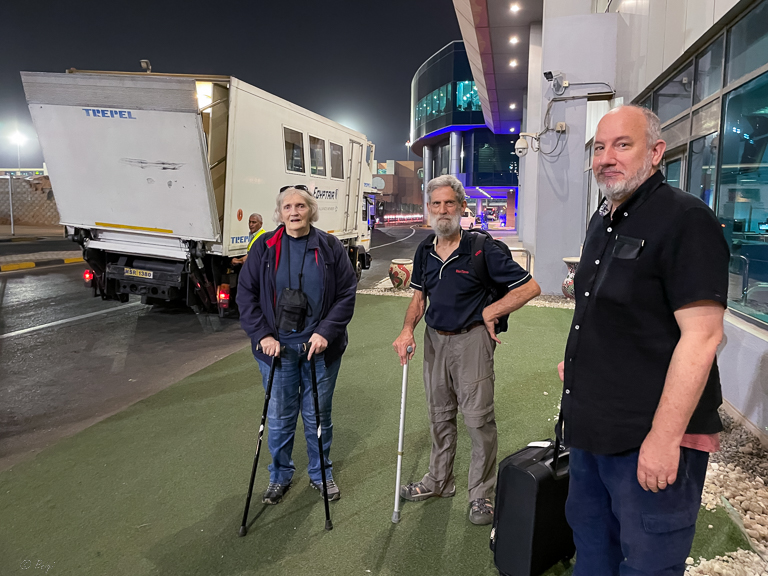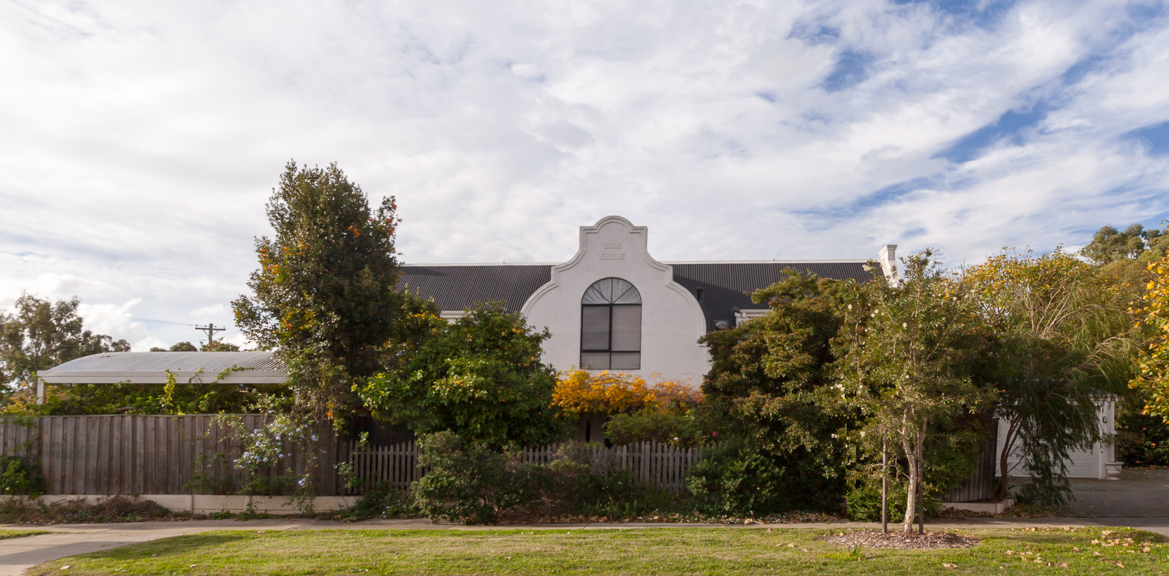Wednesday 14th – Perth – Singapore – Dubai – Cairo & brief Egyptian History
We left Perth on Singapore Air: we could have taken the direct flight on Emirates to Dubai, as we will for the return, but the original plan was to go to Israel via Istanbul, Fortunately Singapore air could change that to Dubai. The original plan was abandoned due to my illness – I’m still recovering so am thankful for the presence of Peigi and Jason.
Flying is boring, and tiring especially with a mask. To pass the time, I watched several movies as I cannot sleep. The best was Liam Neeson playing an old hitman beginning to forget things (memories) We had booked the transit hotel in Singapore. Since both Hilary and I are using wheelchairs we avoided the crowds though I feel a fraud. My back/ hip strain is better. We slept about 4 hrs in the tiny, expensive room with no fridge or milk. The included meal was decidedly poor too. We were up at 12, taking off for the 7.5hr flight to Dubai at 3pm.
Several movies later (The Father with Anthony Hopkins playing a dementia old man is appropriate for me now, as Peigi hinted. I think she can see her future as the daughter dealing with it! we arrived in Dubai on time but only an hr to catch the cairo flight. We had to wear masks on this flight, which I removed at times to breath but not the Egypt flight. On this flight, which seemed unending, the best movie was Liam Neeson again in ‘Unknown’.
As we thought, the stop in Dubai was too short. We were transported in a strange rattling ‘truck’ to the terminal as the plane parked on the apron, where the cabin was lowered to ground level – unique. Then confusion and some panic to wheelchair us to the Egypt flight, only to find the gate not yet open!
The flight was fine, but no wheelchairs and a long walk. The process was made easier by Mustapha meeting us before all the hassle, avoiding immigration and security as he is well known and has contacts. We waited an hour for the bags till Mustapha discovered they missed the flight – two days before they will arrive.
On our long drive to the hotel, Mustapha talked us into changing the dates of the tours before the CMI tour I booked to ensure we see the library in Alexandria, as well as making use of a free day. I insisted we rest tomorrow and Monday.
Our room is large and comfortable but no milk again. So many items we now don’t have. 2am, bed at last! Apart for 4hrs in Singapore, we have been awake for 42 hrs. Flying sucks
Peigi’s iphone.


We will join the Creation Ministries tour group, booked in 2019 for 2020, which was delayed twice due to the covid pandemic. That starts on Monday 19th, so we also booked a private city tour and a day trip to Alexandria before that.
CMI uses the Bible to reconcile Egyptian history. By then comparing these dates to Egyptian history, they conclude that Joseph encountered a pharaoh who was not a native Egyptian. Genesis 46:31 says: “Joseph said to his brothers and to his father’s household, ‘I will go up and tell Pharaoh and will say to him, “My brothers and my father’s household, who were in the land of Canaan, have come to me. And the men are shepherds, for they have been keepers of livestock, and they have brought their flocks and their herds and all that they have.” When Pharaoh calls you and says, “What is your occupation?” you shall say, “Your servants have been keepers of livestock from our youth even until now, both we and our fathers,” in order that you may dwell in the land of Goshen, for every shepherd is an abomination to the Egyptians’”
Later, Pharaoh puts them in charge of his own flocks. Why would Joseph be telling his family to identify themselves as something detestable in the eyes of Pharaoh if Joseph wanted them to be favoured? Obviously, Pharaoh did not think shepherding was detestable, so what is going on? It all depends on the timing of events.
About 200 years before the Exodus, in the 16th century BC, a group of Semitic immigrants, the Hyksos conquered Egypt during a period of disunity in the Egyptian Kingdom. This migration marks the beginning of the Second Intermediate Period. They established a new capital called Avaris in the land of Goshen, also known as Pi-Rameses which is located at the modern-day site of Tell el-Dabʿa. They enslaved local Egyptians and forced them to pay tribute to them. There is evidence also of another group of Semitic people that enjoyed special status in Avaris under the rule of the Hyksos.
The succession of pharaohs’ is complex, so here is brief outline.
New Kingdom period
- The first king of the 18th dynasty was Ahmose who followed after his brother Kamose.
- Ahmose was the founder of the most powerful and wealthy period in all of Egyptian history—the New Kingdom.
- Ahmose, most likely the one whom the Bible describes as the ‘new king over Egypt, who did not know ‘Joseph’, was followed by Thutmose I, II and III. This has also been called the ‘Thutmosid dynasty’. In Egyptian Moses means ‘child’ or in the case of Thutmose it means ‘son of Thoth’, the Ibis-headed god.
- Thutmose I had only one child Hatshepsut (‘Foremost of Noble Ladies’) through his royal wife, Ahmose.
- When he died, Hatshepsut married her half-brother, Thutmose II, the son of Thutmose I through a secondary wife.
- Thutmose II and Hatshepsut also only had one child, a girl, but Thutmose II had a son, Thutmose III, with a secondary wife.
- When Hatshepsut’s husband Thutmose II died, Thutmose III was only 3 years old, so she co-reigned with him as the fifth pharaoh of the 18th dynasty until he was about 8 years old. Then she ruled as the main regent in greater authority with Thutmose III taking a lesser role for 22 years. She was a great queen, bringing periods of wealth via trade with other nations, new artistry and building projects that were unique and outstanding. We will see some of these on the tour. She commissioned statues of herself with a false beard and manly muscles, seemingly to legitimize her position and right to rule. However, she made sure that any references on artwork referred to her as ‘Daughter of Re’ or ‘His Majesty, Herself’.
- Incestual marriage was common amongst Egyptian royalty due to the mistaken belief that such intermarriage would keep the royal bloodline pure. DNA extracted from the mummies of the kings reveals that this practice, genetically, had a terrible effect on royal families as many of them suffered from inherited illness and shortened lifespans. Comparatively, we read in Scripture that Joseph, Jacob and Moses all lived past 100 years.
Thutmose III became a great general as well as one of the greatest pharaohs in ancient Egypt by conquering nearby nations and increasing Egypt’s dominion. At the latter end of Thutmose III’s life he may have encountered a rebellious Moses, and his son, Amenhotep II may well have been the pharaoh of the Exodus (c.1,446 BC; 1 Kings 6:1)
Rameses II (R2) of the 19th dynasty reigned from 1279–1213 BC (according to secular dating methods). It is therefore presumed that a Ramesside king ruled at the time of the Exodus, and the date of the Exodus is aligned to this belief. This is known as the ‘late Exodus’ idea.
Greek Ptolemies ruled Egypt from 331 to 30 BC. Their dynasty ended with Cleopatra VII who famously dallied with both Julius Caesar and Mark Antony. Notable Ptolemaic temples are at Edfu, Kom Ombo and the Isle of Philae.

Wow, fascinating history. Brings the bible history to life